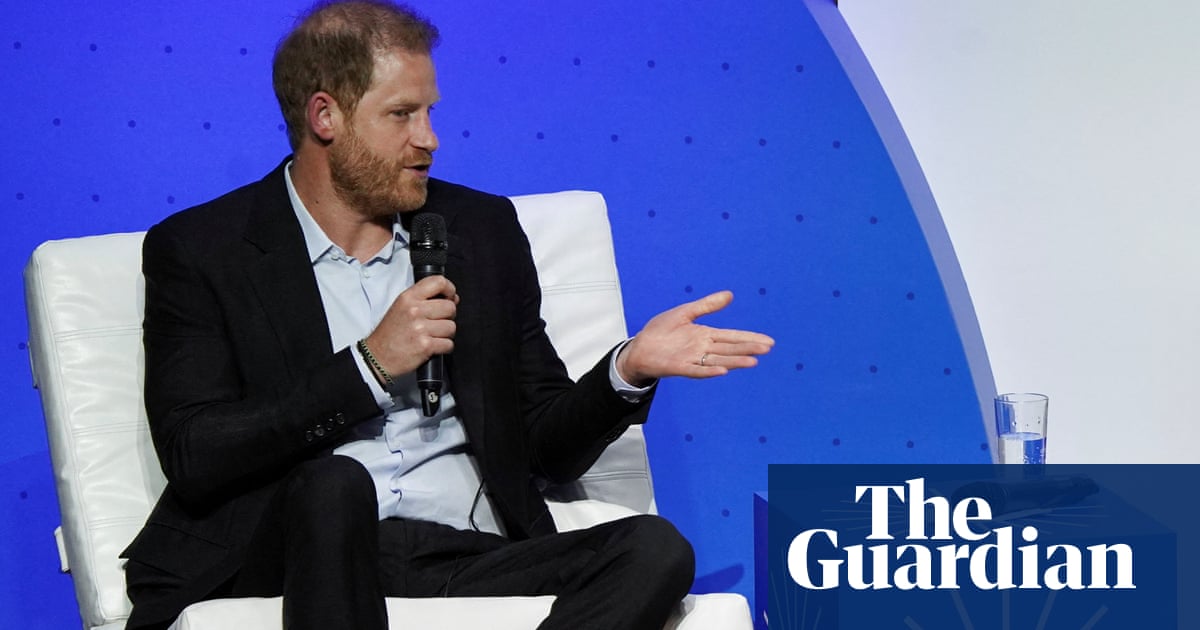A previous court filing said: “Courts consistently hold that a person’s visa or immigration status is private, personal information exempt from disclosure.”
“Specifically, the records would reveal the types of documents that Prince Harry used to travel to the United States, his admission status, and any immigration, or non-immigration benefits that he may have sought.”
However, the Heritage Foundation believes there is a public interest in revealing if Harry lied on his application.
A previous court filing from the think tank said: “[The case] comes about in the main because HRH [His Royal Highness] voluntarily—and for immense profit—admitted in writing to the elements of any number of controlled substance violations. (Indeed, some say HRH has approached the point of bragging and encouraging illegal drug use.)
“The Duke of Sussex did so despite the fact that it is widely known that such admissions can have adverse immigration consequences for non-citizens and despite employing preeminent legal advisors on both sides of the Atlantic.”
Judge Carl Nichols, who is overseeing the legal battle, ruled in March that he should look privately at Harry’s documents to assess whether they should be made public.
His order said: “Having reviewed the parties’ written submissions and heard oral argument on the motions, the court concludes that in camera review is necessary to determine whether the records in dispute come within the scope of the claimed exemptions.
“It is therefore ordered that, on or before March 21, 2024, the defendant shall submit to the court in camera a declaration or declarations that detail, with particularity, the records it is withholding and the particular harm that would arise from public disclosure of them.”
The Heritage Foundation has built its case around comments made by Harry in his memoir ‘Spare’ where he admits to previous drug use.
Harry described his experience taking magic mushrooms. He wrote in the book: “I stared at the bin. It stared back. ‘What -staring?’ Then it became… ahead. I stepped on the pedal and the head opened its mouth. A huge open grin.
“I laughed, turned away, took a piss. Now the loo became a head too. The bowl was its gaping maw, and the hinges of the seat were its piercing silver eyes.
“It said: ‘Aaah.’ I finished, flushed, closed its mouth. I turned back to the silver bin, stepped on the pedal, and fed it an empty packet of cigarettes from my pocket. ‘Open wide.’ ‘Aaah. Thank you, mate.’ ‘You’re welcome, mate.'”
The Duke also admitted to using other substances including cocaine and marijuana.
Harry added: “Psychedelics did me some good as well. I’d experimented with them over the years, for fun, but now I’d begun to use them therapeutically, medicinally. They didn’t simply allow me to escape reality for a while, they let me redefine reality.
“Under the influence of these substances, I was able to let go of rigid preconcepts, to see that there was another world beyond my heavily filtered senses, a world that was equally real and doubly beautiful—a world with no red mist, no reason for red mist.
“There was only truth. After the psychedelics wore off my memory of that world would remain: This is not all there is.
“All the great seers and philosophers say our daily life is an illusion. I always felt the truth in that. But how reassuring it was, after nibbling a mushroom, or ingesting ayahuasca, to experience it for myself.”

